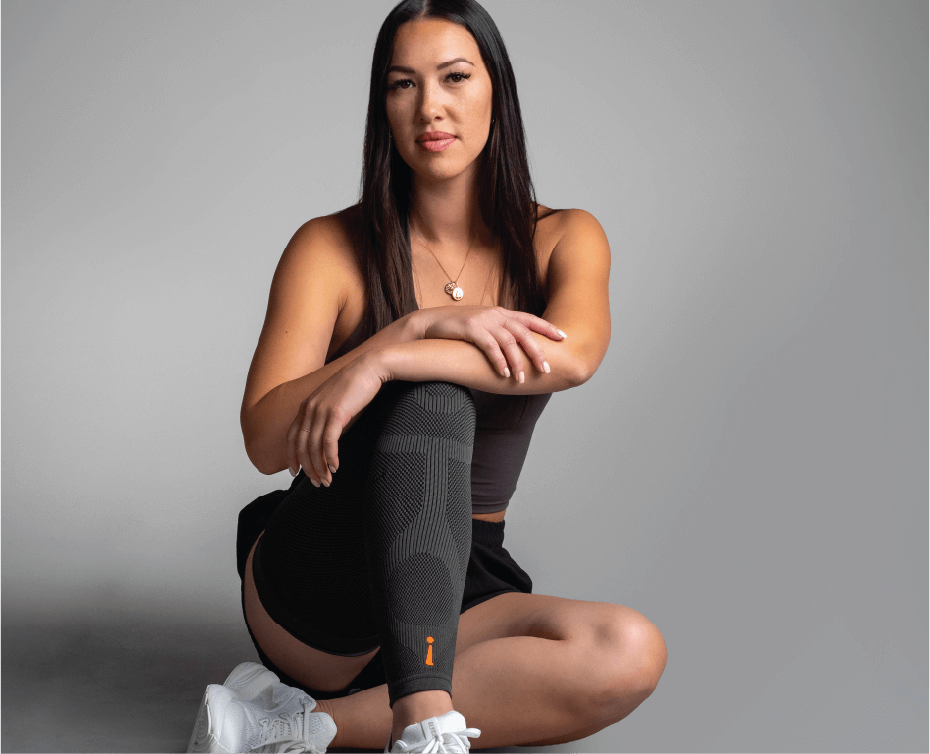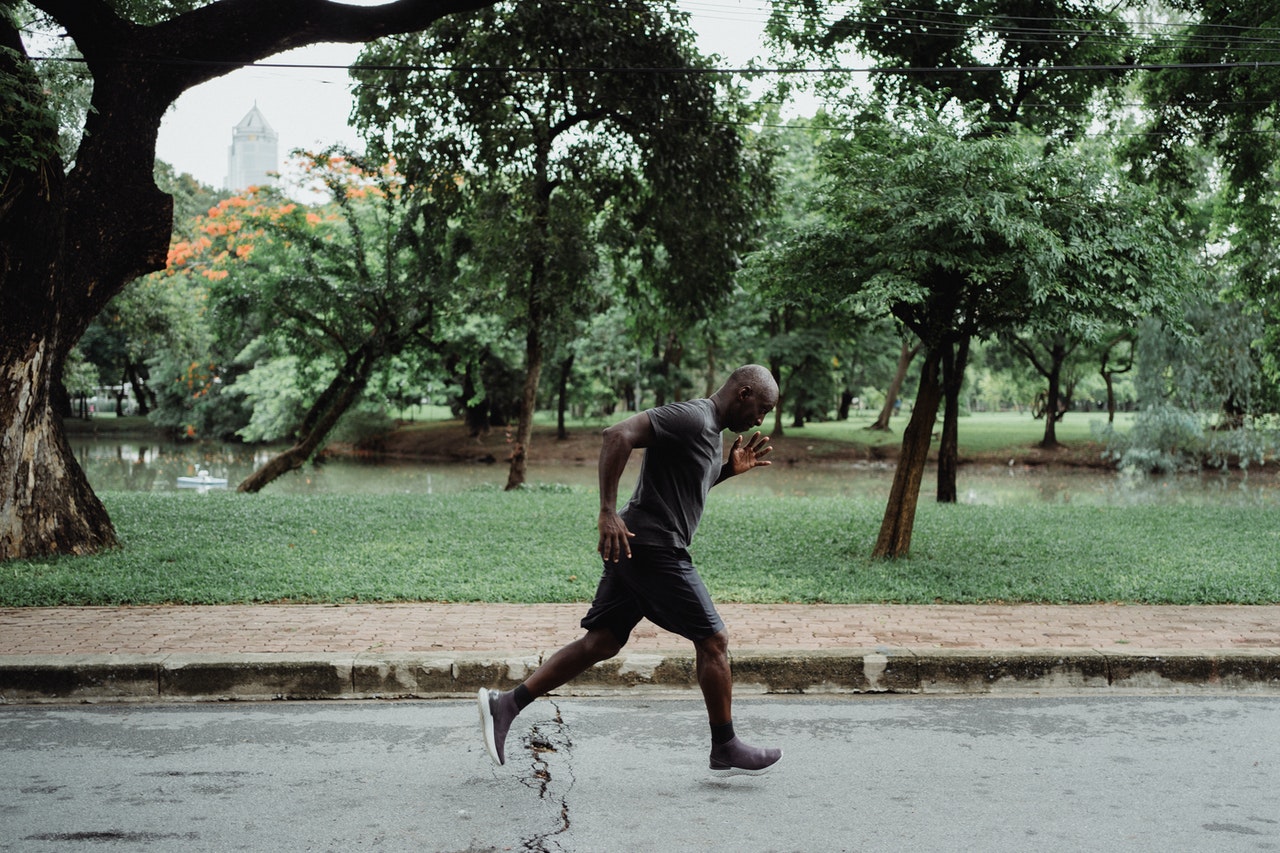After a serious injury, the process of returning to your previous fitness level is full of mental challenges. You’re probably worried about reinjuring yourself, uncertain about how to start, and maybe even frustrated by the process of trying to get fit again.
Mastering the mental hurdle of coming back from an injury can help all of the physical elements fall in place. Be sure to focus on these tips to help you prepare to come back from an injury.

Set Realistic Goals
The more realistic you can be with your fitness goals, the greater your chance of meeting those goals. It’s easy to be overambitious, though, so try to keep your goals in check.
Start by talking to your doctor or trainer about your injury and what fitness training pace is practical. Break those goals down into smaller milestones so you have specific goals to work toward in every phase of your training.
Check In with Yourself Daily
It’s easy to start doing too much too quickly, so agree to do daily check-ins with yourself. During these check-ins, be honest. Are you more tired or sore than you should be? Are you starting to see issues with the old injury? Is it time to slow down?
These check-ins give you a chance to assess your training and make changes to prevent problems before they arise.

Stay in Touch with Your Medical Professional
Keeping your doctor or physiotherapist updated as you start returning to fitness is an important part of your plan. Not only can they help you to assess your fitness plan and monitor your previous injury, but having this contact can also help to reassure you mentally. Standing appointments or just the ability to call in and update your medical professional can boost your confidence as you start to get fit again.
Work Out with a Partner
Working out with a partner can help keep you accountable, giving you that extra boost you need during those early workouts before your training becomes a habit.
In this case, though, having a partner also has the benefit of keeping you accountable for your safety. A workout partner who’s aware of your pacing and your previous injury can help to keep you in check if you get overambitious and start pushing your workouts at the risk of your health.

Use the Right Equipment
It’s so important to invest in the equipment that gives your injury the support it needs. Incrediwear products provide support to targeted areas of your body, and they’re ideal for encouraging healing to a previously injured area.
Incrediwear’s anti-inflammatory therapy helps to reduce pain and swelling while also promoting increased function and recovery. It helps to increase circulation for an accelerated natural healing process.
With products that you can wear during the day and at night, you can support your body during training and when you’re sleeping for maximum benefits. You may see less pain, swelling, and muscle fatigue, and you may be able to train better as a result.
Explore Therapy
Keep in mind that coming back from an injury is full of mental challenges, and you might not even be aware of some of those challenges yet. There’s no shame in talking with a mental health professional, and therapy could even make you a stronger athlete.
A mental health professional can help you understand the emotional toll that an injury takes, and they can also help you navigate some of the challenges you face as you’re working to get fit again. You can also discuss other mental challenges and get personalized advice on how to handle issues like the anxiety you feel before a race and how to better manage competitiveness.
Plus, with telehealth counseling being so readily available right now, talking with a mental health professional is more convenient than ever. It can be a great way to stay on track with your training and help you navigate the uncertainty of coming back after an injury.
Read more

Active recovery, or low-intensity movement that helps support muscle repair and growth, is vital if you want to maximize your performance. And yoga is one of the best forms of active recovery.

There’s a world of fitness information out there, much of it confusing and even contradictory. Should you be doing high intensity interval training (HIIT) or steady state cardio? Yoga or weight tra...







Leave a comment
All comments are moderated before being published.
This site is protected by hCaptcha and the hCaptcha Privacy Policy and Terms of Service apply.